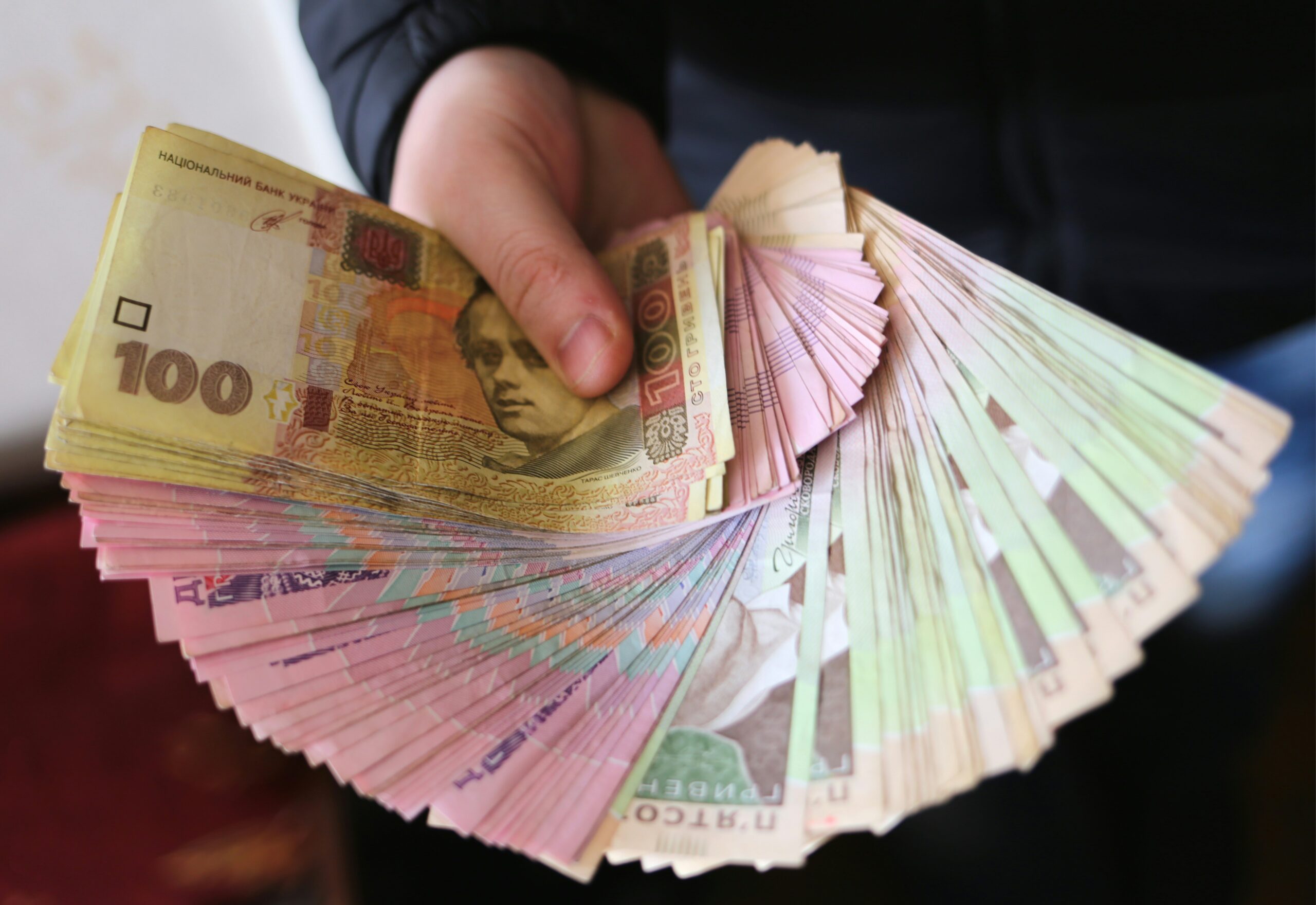Kuwait moves toward potential $65 billion bond issuance
Kuwait’s last issuance was $8 billion in March 2017, just days before the previous debt law expired
Kuwait may soon re-enter the debt market for the first time in eight years, as the Council of Ministers is expected to approve a new law allowing the issuance of up to 20 billion dinars ($65 billion) in debt over 50 years.
The proposed decree would enable the OPEC member to issue both conventional bonds and Islamic Sukuk, according to sources familiar with the matter. The final debt cap could be higher, as previous drafts had suggested a limit of 30 billion dinars, the sources added, speaking anonymously on official matters.
Kuwait is expected to access bond markets only when necessary, the sources said. The country’s last debt issuance was an $8 billion Eurobond in March 2017, just before the previous borrowing law expired. That bond remains Kuwait’s only outstanding Eurobond and currently trades at a yield of around 4.9%, one of the lowest among emerging-market sovereigns. The Ministry of Finance has not responded to requests for comment.
For years, Kuwait has been unable to borrow due to the absence of a public debt law, which was stalled by political gridlock in parliament. This has forced successive governments to rely on the General Reserve Fund, or treasury, for funding. Kuwait is expected to turn to international debt markets primarily to finance key development projects and bridge fiscal deficits if needed.
In May, Kuwait’s ruler, Sheikh Mishaal Al-Ahmed Al-Sabah, suspended parliament for four years, effectively giving the unelected government the authority to pass long-delayed legislation. At the time, Sheikh Mishaal warned that the Gulf state was at risk of “collapse,” citing political dysfunction and frequent government turnover, which had hindered economic reforms.
Often regarded as the slowest reformer among Gulf economies, Kuwait has lagged behind its neighbors in reducing subsidies—along with public sector wages, these account for over 80% of government spending—and implementing taxation. However, the Ministry of Finance recently announced a new 15% minimum tax on multinational corporations, which took effect on January 1.
Due to borrowing constraints, Kuwait’s debt-to-GDP ratio stands at around 7%, one of the lowest in the world, according to the International Monetary Fund. The IMF projects this figure will rise to 25% by 2029.
Since the suspension of parliament, the government has renewed its push for economic reform and development, pledging to accelerate projects, stimulate growth, and attract foreign investment. While lawmakers had previously resisted passing a debt law without broader budget reforms, arguing that the government should improve financial management before borrowing, the latest move suggests Kuwait is prioritizing fiscal flexibility and economic transformation.
More From “Investments”

Saudi Arabia to enrich and sell uranium

Why GCC is a magnet for international capital?

How Abu Dhabi Global Market shapes the UAE as a global crypto hub

UAE’s DAMAC Properties to invest $20bln in US data centers

Aramco and Ma’aden are to mine lithium in Saudi Arabia

Saudi wealth fund’s $4bln bond 4x oversubscribed

Fitch: GCC debt capital market hits $1 trillion

Egypt secures 1.27mln tons of wheat supply for 2025

Saudi Arabia raised $3.09bln in sukuk issuances for December

Mastercard brings Crypto Credential solution to UAE

Saudi Arabia has a major role in Syria’s future: Ahmad Al-Sharaa

Emirati billionaire sees more Gulf investments into US under Trump



